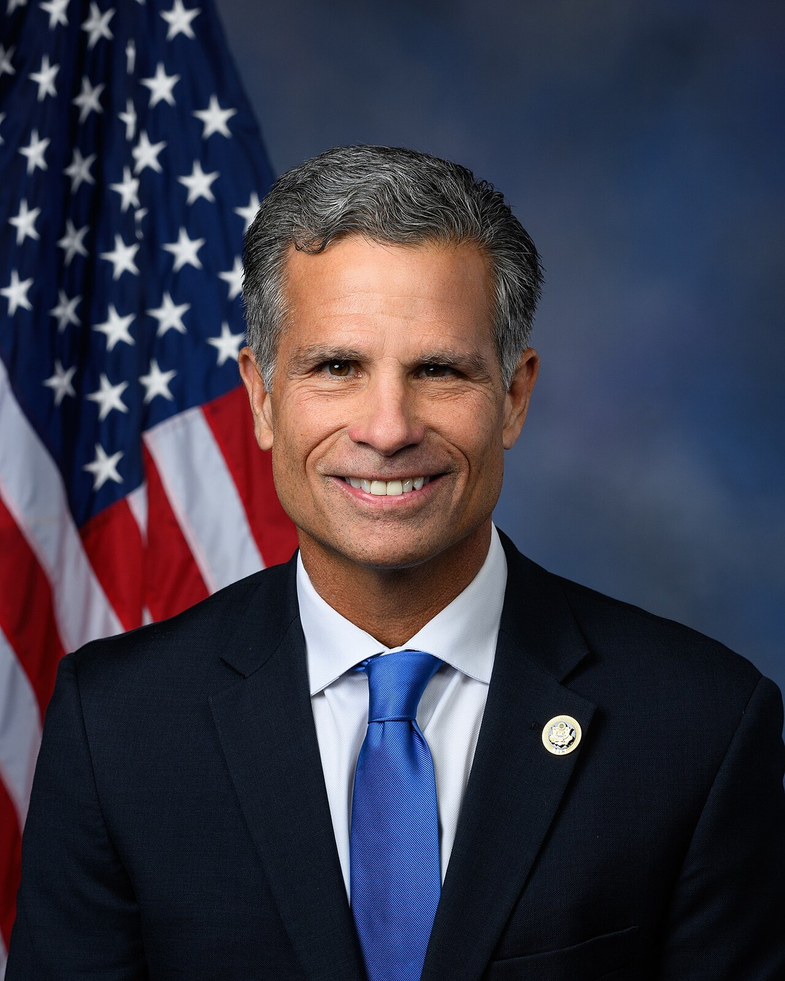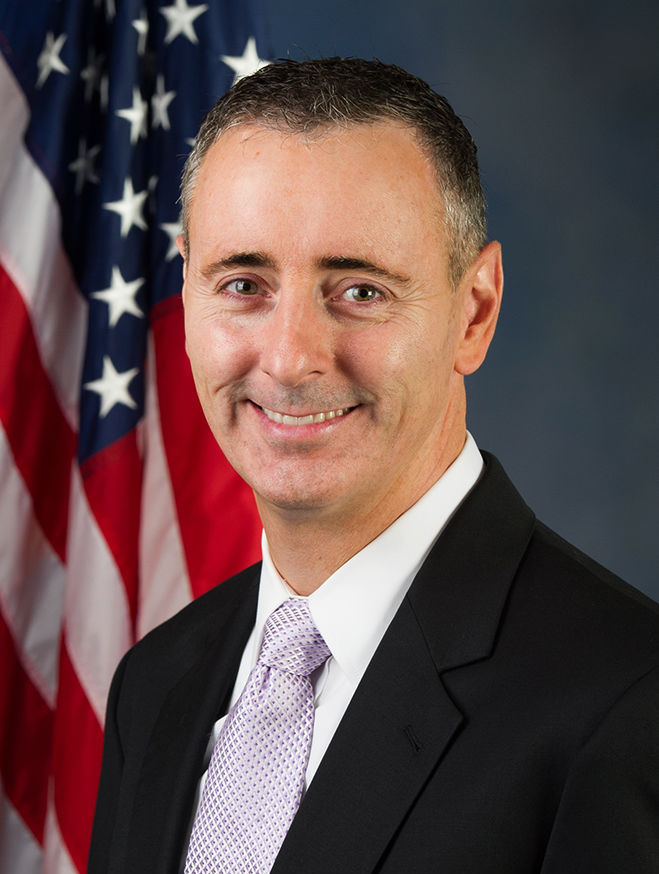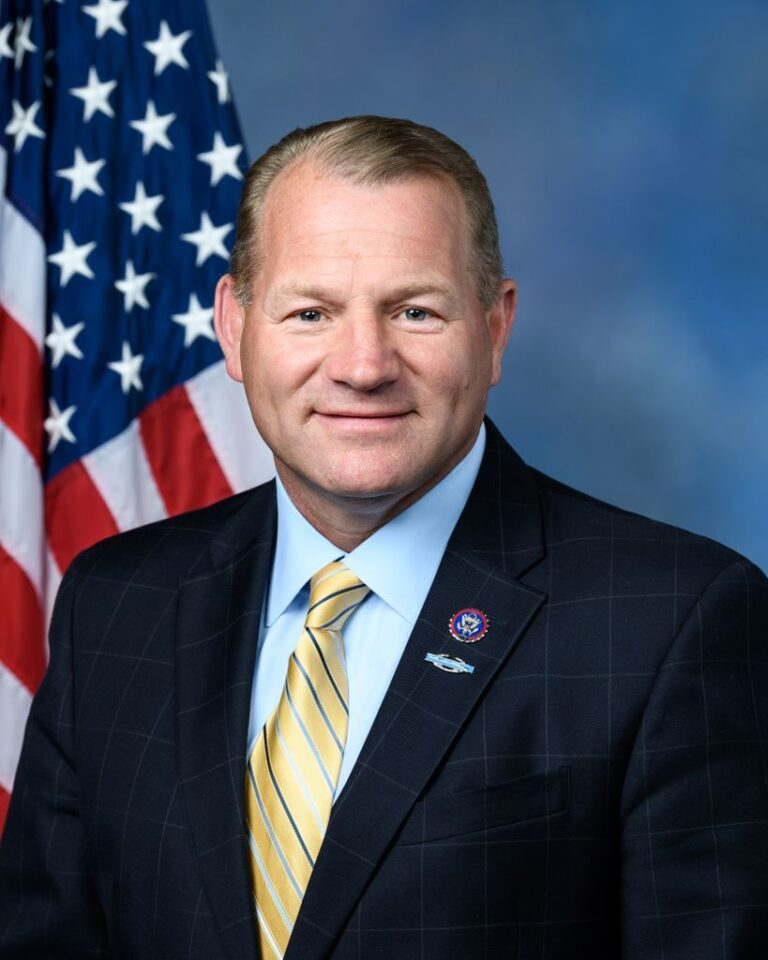H.R. 1264: USA Batteries Act
This bill, known as the USA Batteries Act, proposes a change to the tax structure concerning certain chemicals used in the production of batteries. Specifically, the bill aims to amend the Internal Revenue Code to remove lead oxide, antimony, and sulfuric acid from the list of taxable chemicals under the Superfund excise taxes.
Key Components of the Bill
- Tax Elimination: The bill seeks to eliminate the taxes currently imposed on lead oxide, antimony, and sulfuric acid, chemicals that are essential in the manufacturing of lead batteries.
- Competitiveness of Domestic Manufacturing: The bill's proponents argue that the existing Superfund fee creates a disadvantage for American battery manufacturers by making domestic production more expensive compared to imported batteries, which are not subject to this tax.
- Economic Impact: The lead battery industry in the U.S. is significant, with an annual economic impact estimated at $23.6 billion and over 25,000 direct jobs across 38 states. The bill aims to strengthen this sector by reducing production costs.
- Recycling and Sustainability: It is noted that lead batteries have a high recycling rate of 99%, indicating their role in sustainable energy storage solutions.
- Importance Across Sectors: Lead batteries are critical in various industries, including defense, transportation, logistics, telecommunications, and energy generation, which underscores the need for competitive manufacturing practices.
Implications of the Bill
By removing these particular chemicals from taxable status, the bill could potentially lower production costs for battery manufacturers, enhance the competitiveness of U.S. firms in the global market, and promote job retention and creation within the industry. It aims to address concerns about the disadvantages posed by the Superfund tax on domestic manufacturing, particularly against foreign competitors.
Relevant Companies
- EXC (Exelon Corporation): A major player in the energy sector, potentially benefiting from reduced battery production costs.
- BLDP (Ballard Power Systems): Engaged in advanced fuel cell technologies, may indirectly benefit from growth in battery technologies and competition.
- TSLA (Tesla, Inc.): As a prominent electric vehicle manufacturer, lower battery costs could enhance profit margins and market competitiveness.
This is an AI-generated summary of the bill text. There may be mistakes.
Sponsors
6 bill sponsors
Actions
2 actions
| Date | Action |
|---|---|
| Feb. 12, 2025 | Introduced in House |
| Feb. 12, 2025 | Referred to the House Committee on Ways and Means. |
Corporate Lobbying
0 companies lobbying
None found.
* Note that there can be significant delays in lobbying disclosures, and our data may be incomplete.



























